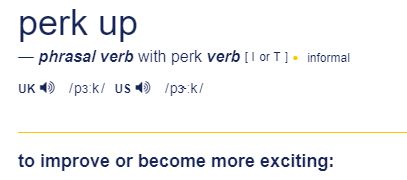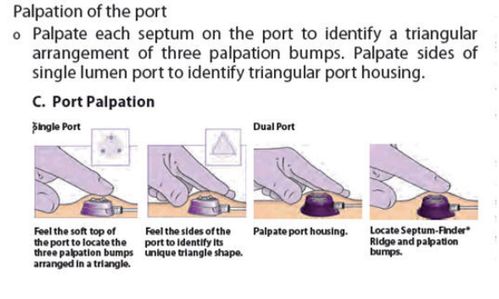
Understanding Swollen Allergic Reactions

Have you ever experienced a swollen allergic reaction to ant bites? It can be quite an unsettling experience. In this article, we delve into the details of such reactions, their causes, symptoms, and effective treatments.
What is an Allergic Reaction?

An allergic reaction occurs when your immune system overreacts to a substance that is typically harmless to most people. This substance, known as an allergen, can be anything from pollen to food items, and even ant bites.
Causes of Allergic Reactions to Ant Bites

When ants bite, they inject a small amount of venom into your skin. For some individuals, this venom can trigger an allergic reaction. The severity of the reaction can vary from person to person, depending on their immune system’s sensitivity to the venom.
Common Symptoms of Swollen Allergic Reactions to Ant Bites
Here are some common symptoms you might experience after being bitten by an ant:
| Symptom | Description |
|---|---|
| Swelling | The bitten area becomes red, hot, and swollen. |
| Pain | The area may feel painful or itchy. |
| Redness | The skin around the bite turns red. |
| Hives | Small, itchy bumps may appear on the skin. |
| Difficulty Breathing | In severe cases, the reaction can cause difficulty breathing. |
Diagnosis and Treatment
If you suspect you have an allergic reaction to an ant bite, it’s important to seek medical attention. A healthcare professional can diagnose the reaction and recommend appropriate treatment.
Here are some common treatment options:
-
Topical Creams: Over-the-counter antihistamines or hydrocortisone cream can help reduce swelling and itching.
-
Oral Medications: In some cases, your doctor may prescribe oral antihistamines or corticosteroids to manage the reaction.
-
Ice Compresses: Applying a cold compress to the affected area can help reduce swelling and pain.
-
Antibiotics: If the bite becomes infected, your doctor may prescribe antibiotics.
Prevention Tips
Preventing ant bites is the best way to avoid a swollen allergic reaction. Here are some tips to help you stay safe:
-
Keep your home clean and free of food crumbs, as ants are attracted to food sources.
-
Seal any cracks or crevices where ants might enter your home.
-
Use insect repellent when spending time outdoors.
-
Wear protective clothing, such as long sleeves and pants, when working in areas where ants are likely to be present.
Conclusion
Swollen allergic reactions to ant bites can be uncomfortable and even dangerous. By understanding the causes, symptoms, and treatment options, you can take steps to prevent and manage these reactions. Always seek medical attention if you suspect you have an allergic reaction to an ant bite.



